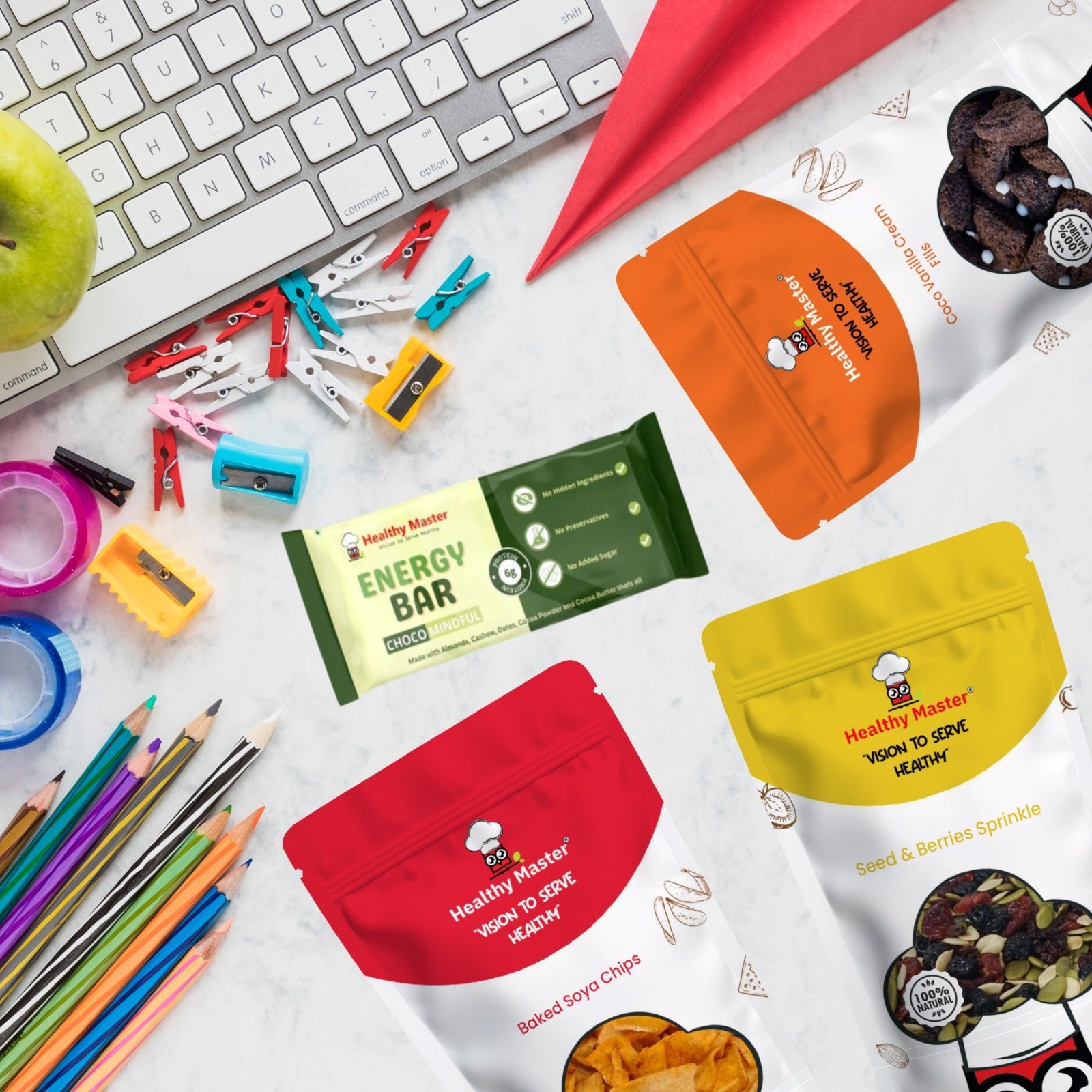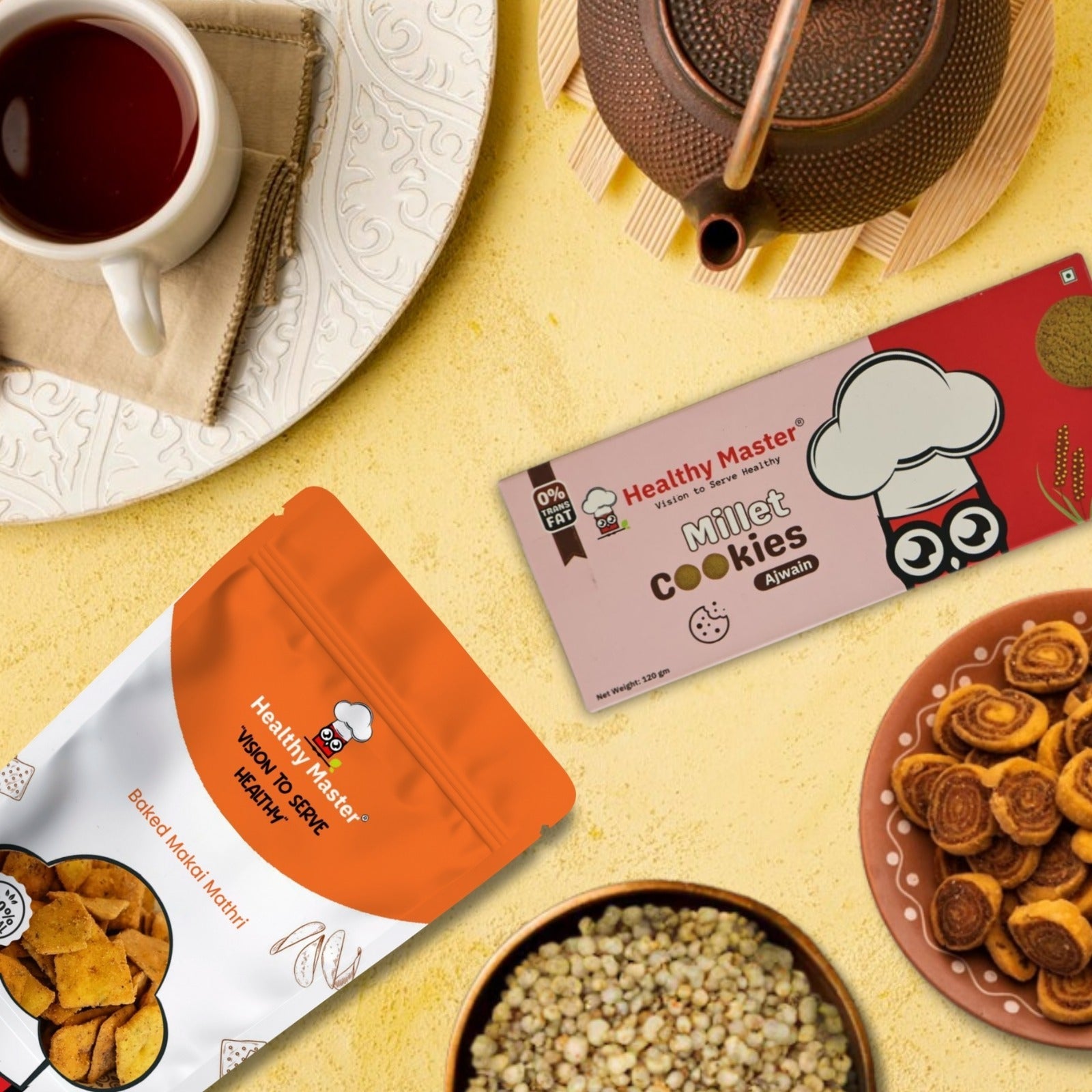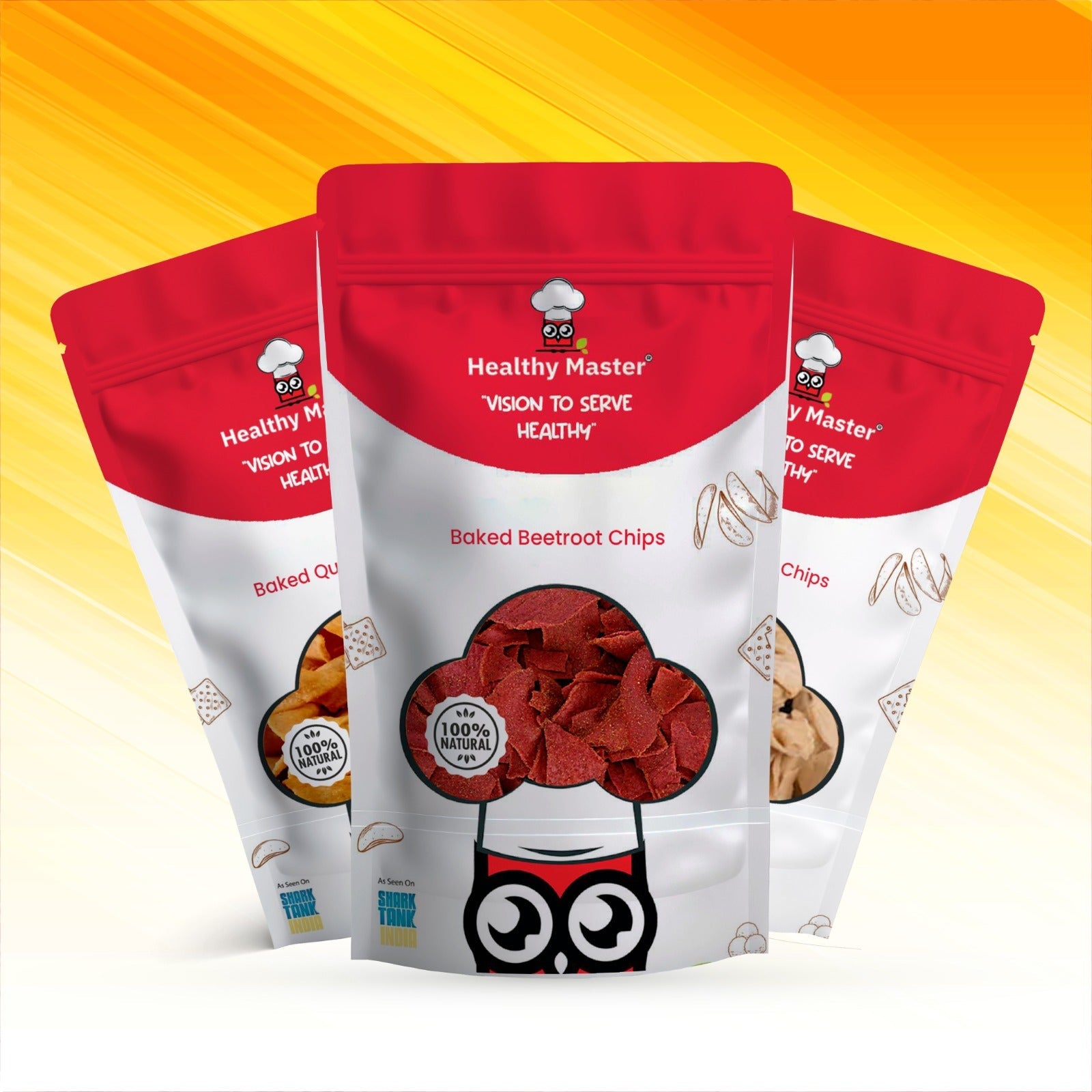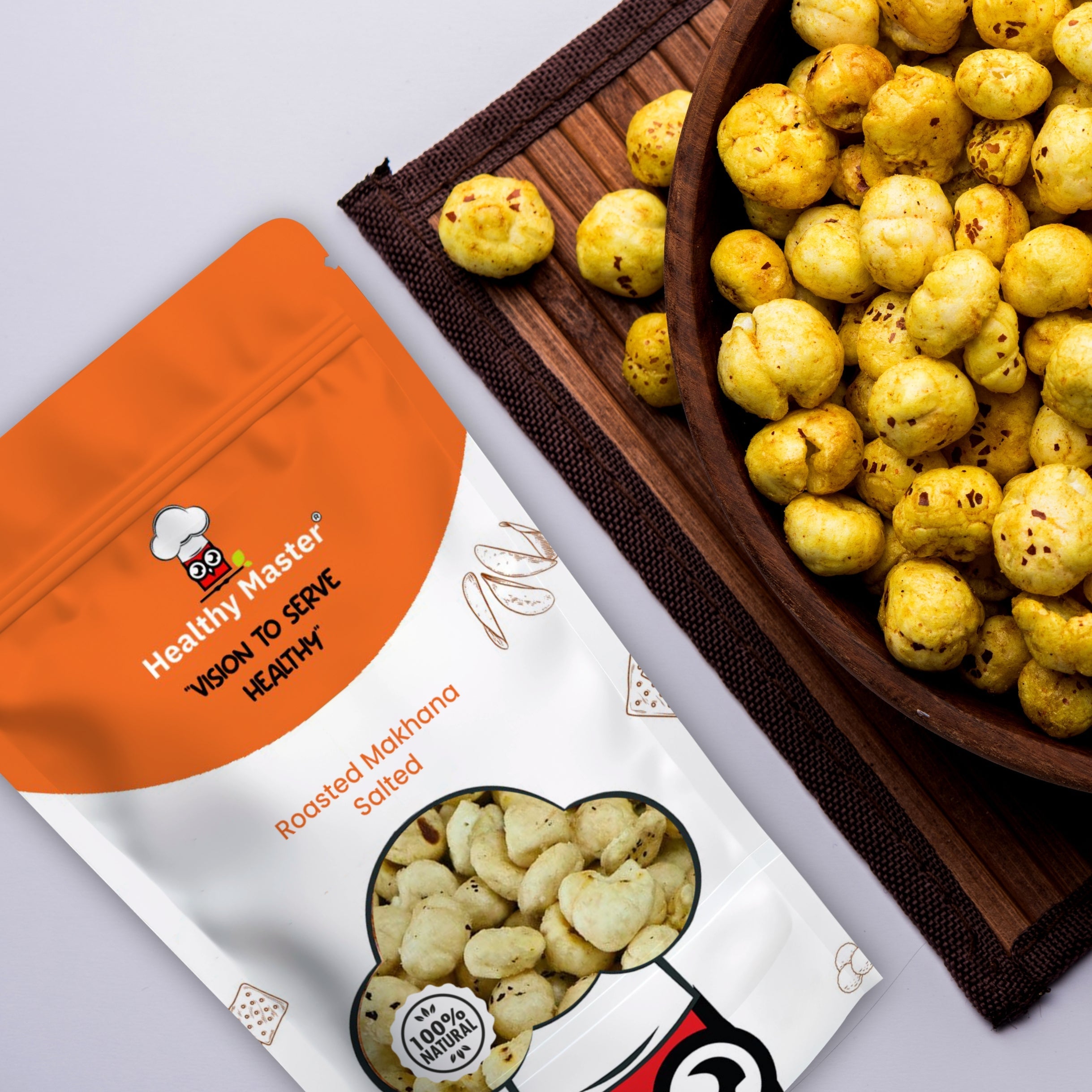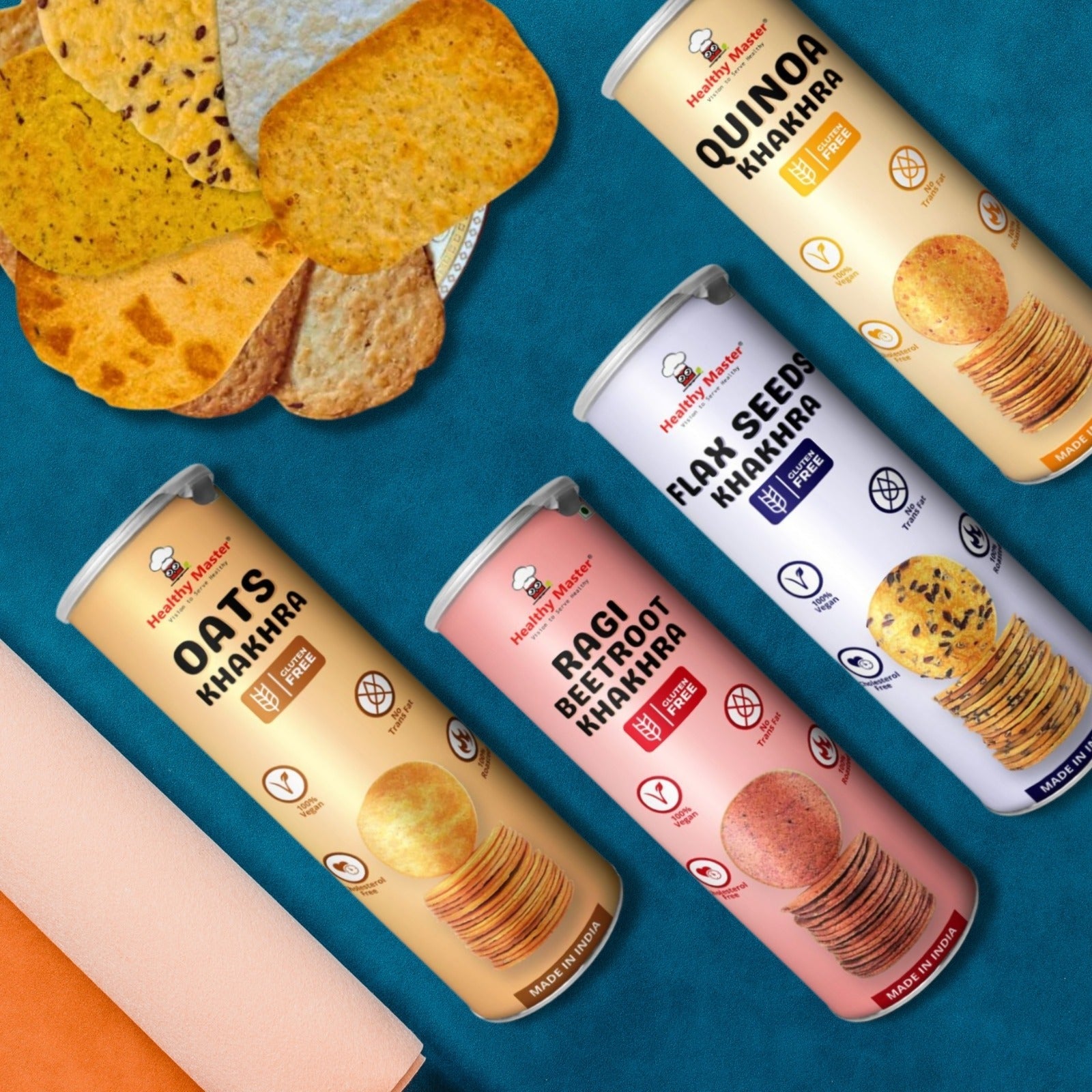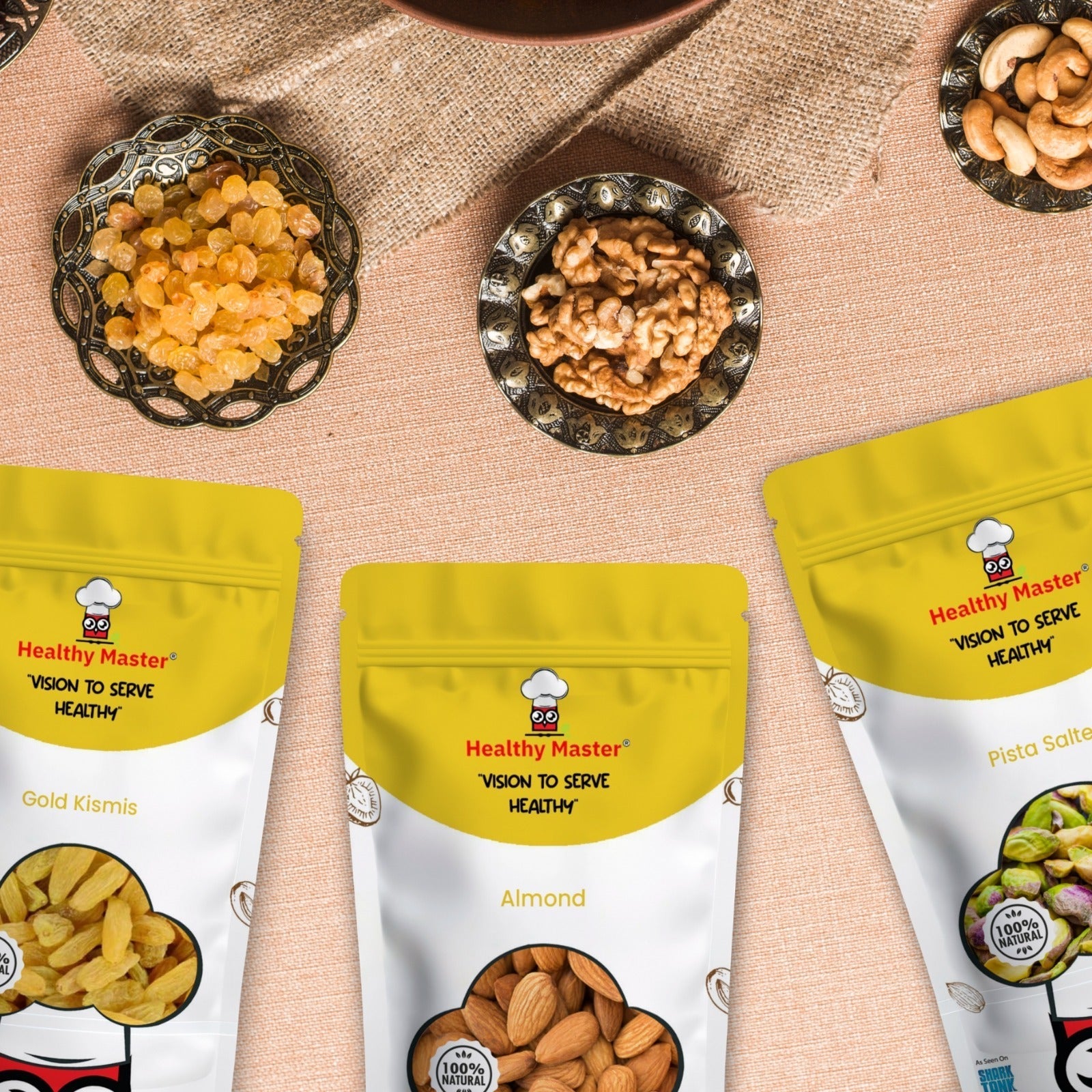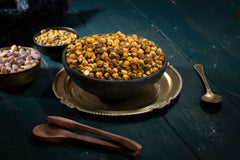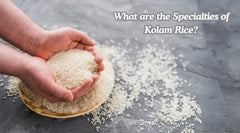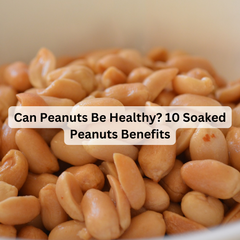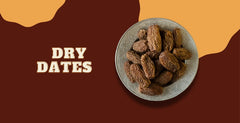Keto diet is gaining popularity amongst Indians these days. Most health-conscious people and fitness enthusiasts are choosing this diet pattern due to the amazing results they are able to obtain. However, still many are not able to follow a proper diet plan as they are not able to find the right ingredients. If you are looking for the same, this is the right content for you. Here you will find some comprehensive information on different factors that you should consider when planning for a keto diet. This will help you to make an informed decision.
What is the Keto Diet?
First and foremost, it is very important for you to understand what the Keto diet actually is. Unlike other diets, the Keto diet follows a completely different eating pattern and idea to provide you with the ultimate result. Most people who are looking for an option to lose weight follow this diet routine. This is a low-carb, high-fat diet that can improve your overall health and also help you to lose weight in a quick manner. Once you follow this diet pattern and eat keto foods for a specific time, your body will fall into ketosis where it will burn fat for energy rather than carbs. This is a great way to lose weight while also providing the necessary nutrients to your body.
What are the Best Keto Foods for the Indian Diet?
When you are following a keto diet, there are different things you should consider and follow. You should focus on eating healthy fats, a moderate amount of protein, and very few carbs. If you are used to traditional Indian diets rich in fats and carbs, this can be quite a hard task. However, being mindful and choosing the right ingredients in your diet will help you to obtain the right results and also continue with the diet for a long time.
Below mentioned are some of the best keto-friendly foods and products you can buy:
When it comes to the keto diet, fats play a major role. Most times, your diet includes 70 - 80% fats and very less carbs. Fortunately, we Indians have numerous healthy fat sources. All you have to do is choose the right ones and calculate the right amount of fats you are taking. Some of the top healthy fats you can choose as an Indian include butter, ghee, coconut oil, nuts and seeds, olive oil, and fish. On the other hand, when it comes to protein, it is important for you to consume moderate amounts of protein every day. As your body will be already going through ketosis, you should only provide the required amounts of protein to support the overall physique.
Protein is also the building block for growth and strength. Therefore, when you are following a keto diet, it is necessary to incorporate rich protein sources in your food. Some of the best protein sources you can choose as an Indian include eggs, fish, tofu, chicken, legumes and lentils, paneer, etc. As all these food sources are easily available, it will be easy for you to choose the right ones. As mentioned above, it is important for you to consume only a moderate amount of proteins to obtain the best results.
Maintaining the right amount of micros in your diet is also very important. This will help you to get all the necessary micronutrients required for your body. When it comes to low-carb, there are many vegetables and fruits you can find in the store these days that are filled with essential vitamins and minerals. Some of the top vegetables you should include in your keto diet are broccoli, spinach, cauliflower, mushrooms, and zucchini. You can also include different types of fruits like berries, avocados, lemons, and coconuts in your diet.
Other keto-friendly foods that you can source easily include cheese, heavy cream, dark chocolate and full-fat curd. As most of these items are available in your nearby stores, it will be easy for you to shop for them on a regular basis for your keto diet. On the other hand, you can also source fresh items on a regular basis. If possible, it is also important to choose organic products to obtain the best results.
Traditional Indian Diet vs Keto Diet
The traditional Indian diet includes a lot of carbohydrates, with staples ranging from rice, wheat, and lentils to millet in some places. These grains rich in carbs form the basis of most Indian diets. Therefore, transitioning from the traditional Indian diet to the keto diet takes proper planning. Your main focus should be to cut down on all these carbs and include more fats in the diet.
Sample Keto Diet Plans for Indians:
Here you will find some options for different meals that you can easily try at home:
Breakfast: Masala omelette cooked in ghee. You can add different ingredients like spinach, capsicum, tomatoes, onion, etc. This will make the omlette tasty, nutritious, and also filling. Another item you can try includes bulletproof coffee made with coffee powder, coconut oil, and a splash of cream. Apart from this, you will also find many other options that are simple and hassle-free to make.
Snack: If you are craving a snack before lunch, you can choose to have a handful of almonds or walnuts. If you do not like plain nuts, you can also choose flavoured nuts that are available in the market. You will find some brands like Healthy Master, which are praised for offering high-quality and healthy dry fruits and nuts in the market. These nuts and products are also available in different flavours and textures. This will help you to choose something that suits your tastes and preferences.
Lunch: When it comes to lunch, you can choose high protein and healthy fat options like grilled chicken or paneer tikka. As an Indian, you will be able to find both veg and non-veg options. You can also side most dishes with cucumber or mint raita. If you are planning to eat roti or some amount of rice during lunch, you can pair it with palak paneer, cooked in ghee. There are also similar lunch options from which you can mix and match based on your needs and preferences.
Evening Snack: For an evening snack, you can choose a handful of almonds, walnuts, or other nuts that are rich in healthy fats. There are also different types of dry fruit mixes and trail mixes provided by brands like Healthy Master from which you can choose the best. There are also different types of keto-friendly smoothies that you can easily prepare at home. You will find options like coconut milk, avocado, spinach, and chia seeds smoothies to choose from.
Dinner: When it comes to dinner, you can choose different options like fish curry cooked in coconut milk, with a side of stir-fried vegetables like broccoli or bell peppers. You can also have cauliflower rice pulao cooked with mixed vegetables and ghee. There are also many other alternatives that you can choose from. Most of the Indian curries are also suitable for Keto diets, however, you may have to do some simple swaps.
If you are running out of options, you will also get many products and keto diet ideas from Healthy Master. For instance, there are different categories of snacks and food products provided by the company based on the Keto Diet. Most of the snacks provided by the brand are also keto-friendly.
Tips to Follow Keto Diet for Long Term
Most people try different types of diets but fail to maintain them in the long run. This is mainly due to poor planning or knowledge of the type of diets they follow. On the other hand, many people also give up on the diet as they expect quick results.
Some factors you should consider when planning the keto diet are, reading food labels and understanding the nutritional values, staying hydrated, planning the meals, monitoring the macros, and including regular exercise.
Conclusion
The Keto diet can be very effective for Indians to lose unwanted weight. The right pattern can improve your health, achieve your fitness, and also lose unwanted weight. All you have to do is make some simple modifications to the traditional Indian recipes and plan your meals.
With careful planning and dedication, you can enjoy the keto diet plan and achieve long-term success in your wellness and health journey.
 Deal of the week : Trial Snack Box - 18 Wholesome Delights Just at ₹ 899.00
Deal of the week : Trial Snack Box - 18 Wholesome Delights Just at ₹ 899.00

